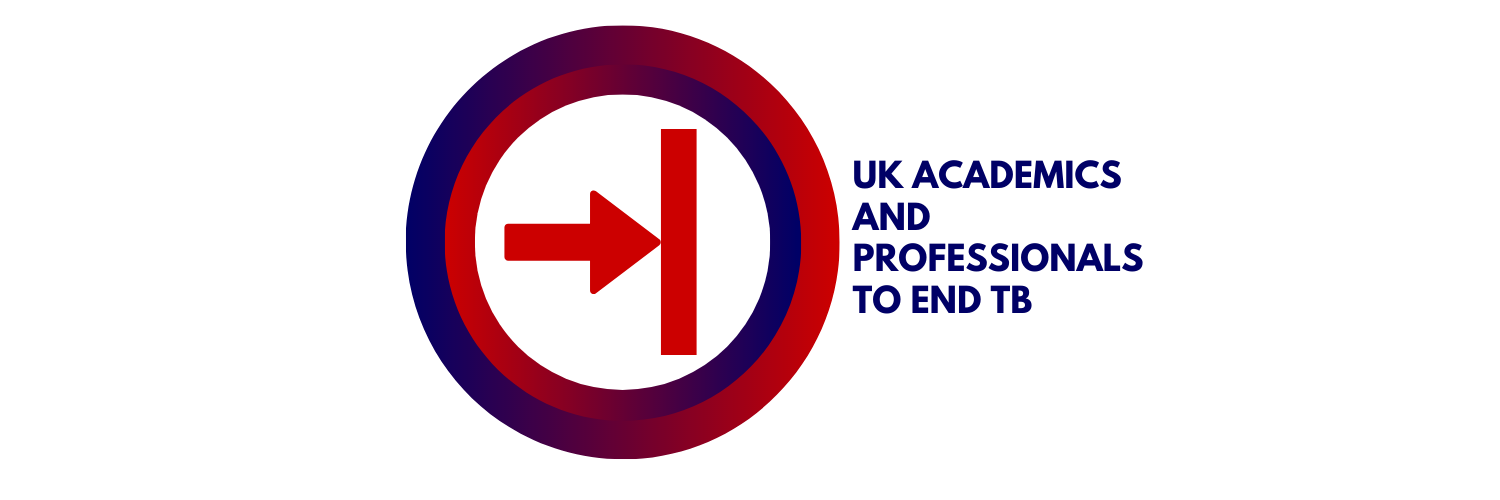Report from the interactive civil society hearing for the UN high level meeting on TB
July 12th, 2018, written by Pally Khan
2018 is a landmark year for TB, with the first ever United Nations General Assembly (UNGA) High-Level Meeting (HLM) on the fight against tuberculosis planned for the 26th September in New York. The HLM aims to deliver an ambitious political declaration on TB endorsed by Heads of State, that will strengthen action and investments to end TB.
In preparation for the upcoming HLM, seven members of the UK Academics & Professionals to End TB network (UKAPTB) attended the interactive civil society meeting on 4 June 2018 at UN headquarters in New York. UKAPTB attendees included Anna Vassall, Rebecca Harris and Titus Divala (London School of Hygiene and Tropical Medicine), Bertie Squire and Irene Ayakaka (Liverpool School of Tropical Medicine), Sameer Sah (TB Alert), and Maria Krutikov (Queen Mary University of London). Four of the UKAPTB attendees were able to attend thanks to funding received from Research Councils UK.
The civil society hearing was organised by the President of the General Assembly, with the support of the World Health Organization and the Stop TB Partnership, with the aim of providing key stakeholders including TB academics, civil society, parliamentarians, non-governmental organizations, and affected communities the opportunity to lend their support to the draft HLM modalities resolution document and to raise key issues and actions missing from that resolution.
More than 250 stakeholder representatives attended the all-day hearing, with a real sense of momentum brought about by comprehensive engagement from across civil society. Panels and interactive discussion explored participants’ viewpoints on how to close the detection and treatment gap, investment options for funding the pathway to ending TB, innovation and research for new tools and approaches, and the role of communities and partnerships in ending TB.
Many topics important to TB research were raised, including the need for a concrete and measurable commitment to increased investment in research, the value for money achieved through investment in research, the importance of the full spectrum of research (including applied health research as well as research for developing new tools), and the importance of academic partnerships with civil society.
Attendees from UKAPTB were pleased to have the opportunity to make a real contribution through attendance and participation in the meeting. In particular, UKAPTB representatives stressed the important role of research as a means towards achieving the end of the TB epidemic, with a particular emphasis on applied health research, given it was missing from the resolution draft. This has since been captured in the UNGA President’s report, feeding into the negotiations for the draft declaration. UKAPTB members also attended a break-out session on “The Vital Role of Research for TB Elimination”, a key briefing for country Missions to the UN on the importance of research for achieving global TB goals. Irene Ayakaka, a member of the UKAPTB delegation, delivered a talk on the importance of applied health research for ending TB, as part of this well-attended session.
Following the June 4 hearing, member states have started negotiations that will lead to a draft declaration, with the aim of endorsement of the declaration by heads of state on 26 September at the HLM. Progress is being made, but there is still work that needs to be done to ensure that 1) this final document highlights the importance of academic research for ending TB, and 2) ensuring heads of state attend the meeting in person, along with as many elected, civil society and affected community representatives as possible. The UKAPTB will now channel all efforts towards meeting these two goals.
